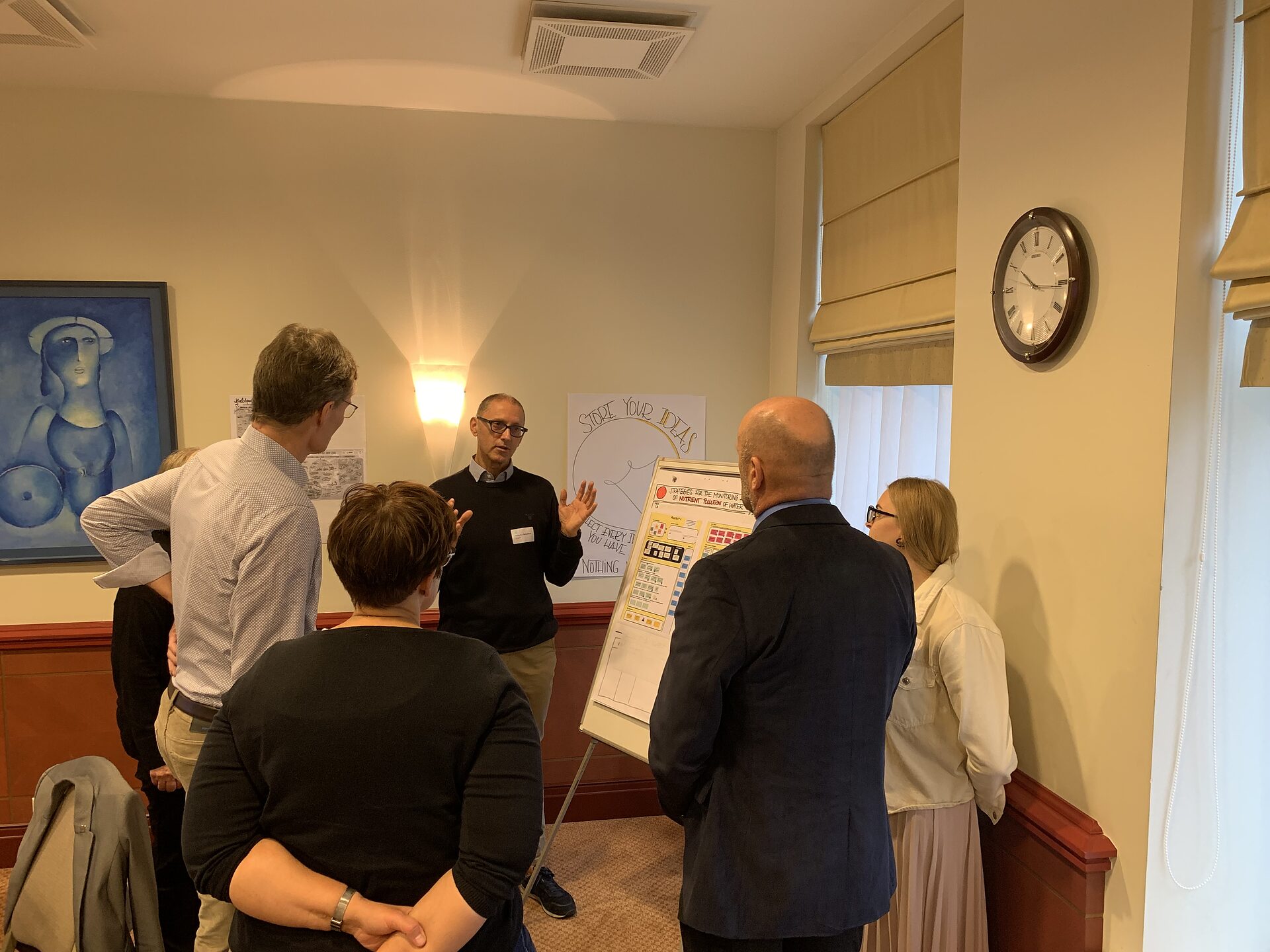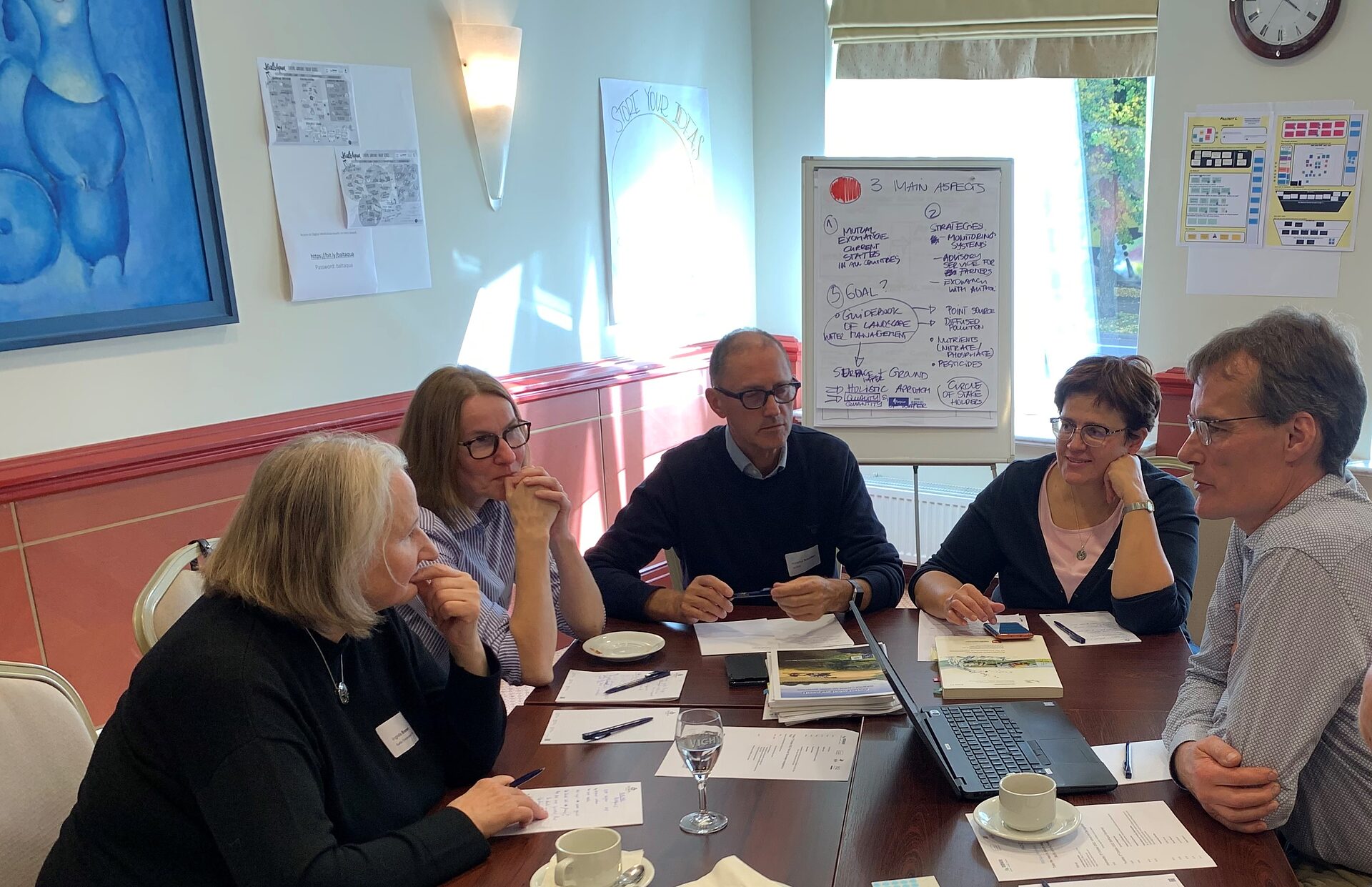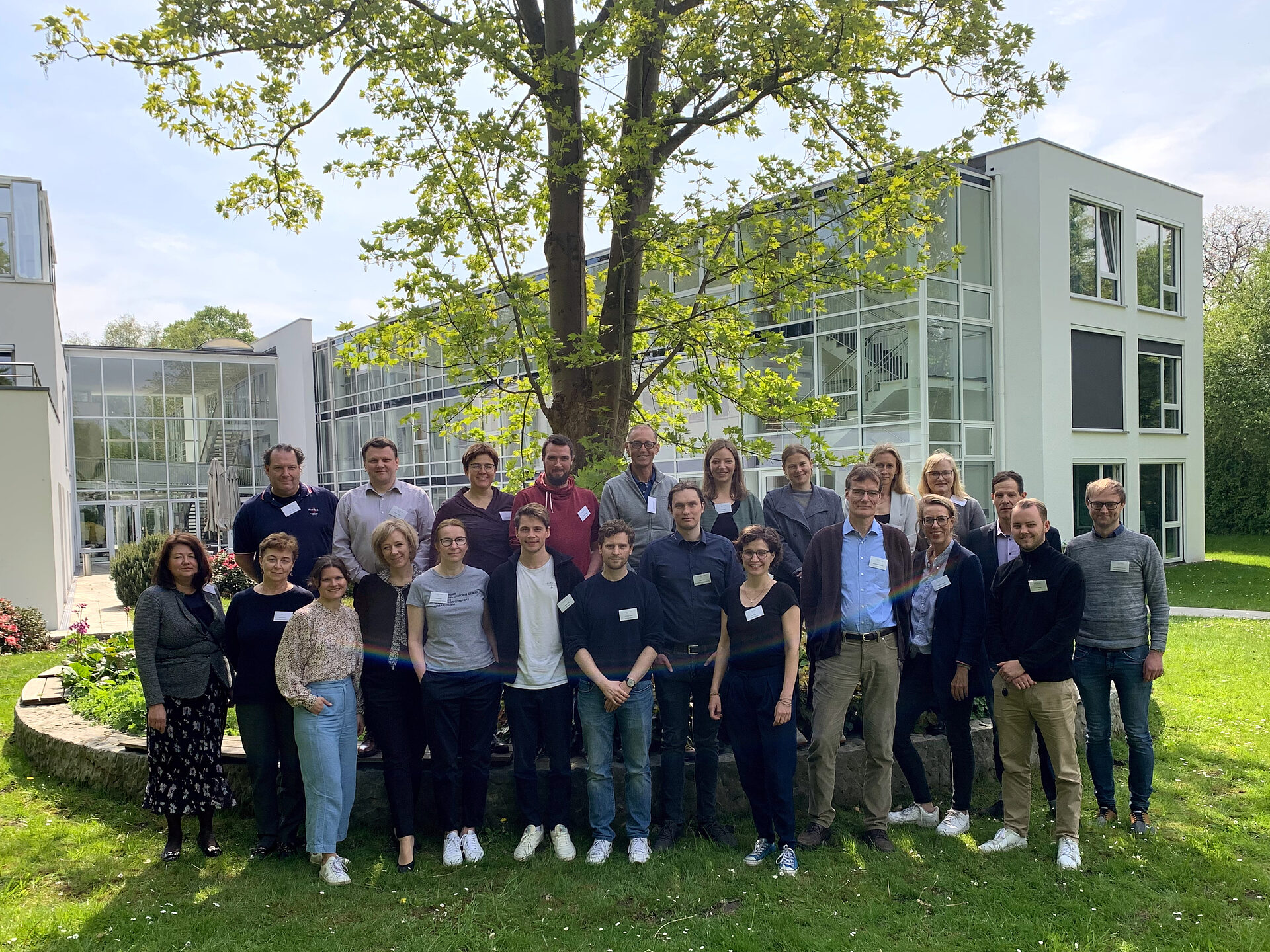Dialogue process to establish a partner network with the Baltic water industry – BaltAqua
Keywords: climate protection, resource conservation, water management, networking, environmental research, environmental technology, knowledge transfer, innovative cooperation formats, water management, sustainable regional development, groundwater, surface water, digitalization, climate change, governance, nitrate pollution, agriculture, water supply, water resources, water availability
Subject and objectives of the project
With the sixth Sustainable Development Goal, the United Nations emphasizes the importance of ensuring the availability of clean drinking water and sanitation for all. However, the water industry in Germany is facing growing challenges that are pushing traditional solutions to their limits. Contributing factors include climate change, demographic change and new environmental regulations, which lead to uncertainties regarding their extent and dynamics. These problems manifest themselves primarily at a local and regional level, as can be observed in the north-western regions of Lower Saxony, Germany, but also in the Baltic states. Both regions have comparable geographical characteristics and demands on the use of water resources, which represent a largely untapped potential for the expansion of cooperation.
Against this background, the model project consortium in the BaltAqua project set itself the goal of establishing a network with water management stakeholders from Germany and the Baltic states of Estonia, Latvia and Lithuania and jointly developing fields of action and cooperation projects for a sustainable and future-proof water supply. As part of the project, three digital workshops were held in the first project phase, in which the interactive “Liberating Structures” method was used to create the basis for future cooperation and the following cooperation topics were identified as relevant:
- Nutrient load
- Management of extreme weather events in the context of climate change
- Digitalization of the water sector as a cross-cutting issue
In the second phase of the project, the stakeholders worked on the content of the previously identified topics as part of a face-to-face workshop in Latvia. In the third and final phase of the project, the focus was on the future as part of a face-to-face workshop in Germany: With the help of the “Design Thinking” method, the stakeholders were able to develop concrete strategies for future cooperation across the four countries.
Thanks to the interactive and creative workshop concept and the targeted use of innovative moderation methods, it was not only possible to achieve a transfer of knowledge over the course of the project, but above all to establish reliable relationships and a network that will continue to work together on projects in the future. The entire process was also accompanied by a so-called “graphic recording” and the results were visualized and documented in a roadmap. In the area of sustainable management of groundwater bodies and catchment areas, a transfer of knowledge from Germany to the Baltic states and in the area of digital solutions in the opposite direction was initiated. Future project approaches in the Baltic States are to be built on the cooperation structures tested in the project and the solutions identified, which will be supported by the DBU as well as other funding bodies.
Innovation and exemplary nature of the project
In the BaltAqua project, key fields of action were identified and developed by water management practitioners and scientists. The model character of the network project is particularly evident in the creation and testing of innovative cooperation formats and methods (e.g. Liberating Structures, Graphic Recording). Through close cooperation with network partners from the Baltic region and through the transfer of knowledge and the joint development of strategies and projects, cooperation between German actors and institutions from the Baltic region was able to be realized throughout the project. Due to the project start during the COVID-19 pandemic, the project also served as an experimental space for the application of innovative digital tools. Over the course of the project, the potential of digital formats for cooperation projects was demonstrated, particularly in combination with traditional face-to-face formats.



Funding theme 9: Nature conservation and water protection
Project implementation:
- Oldenburgisch-Ostfriesischer Wasserverband – OOWV, Brake, Lower Saxony
- Carl von Ossietzky University of Oldenburg, Center for Environmental and Sustainability Research (COAST)
Associated partners:
Locations: Countries bordering the Baltic Sea, in particular Latvia, Estonia and Lithuania
Funding period: September 2021 to July 2024
Project costs: Total volume: 144,618 euros, funding from DBU: 82,241 euros
DBU-AZ: 35352
Status: 19.05.2025
Pictures: © OOWV Brake